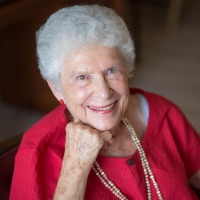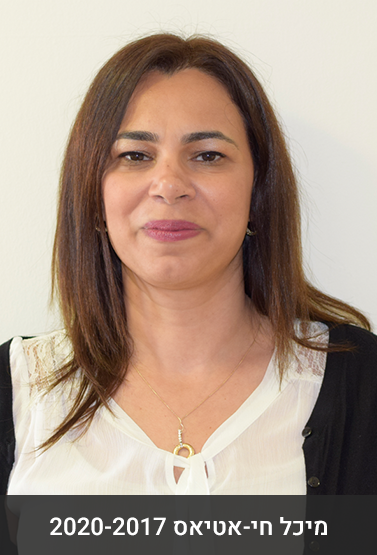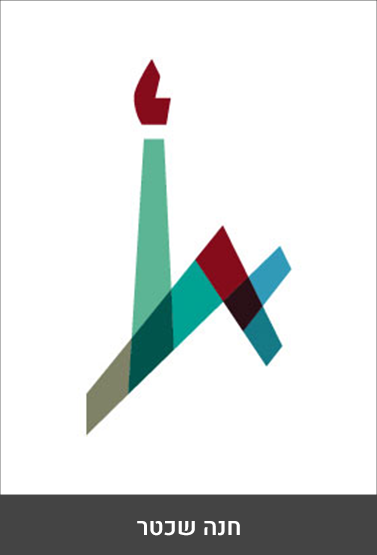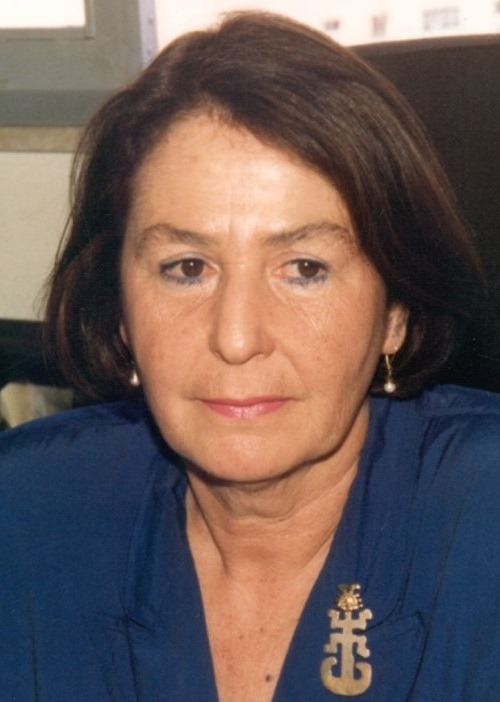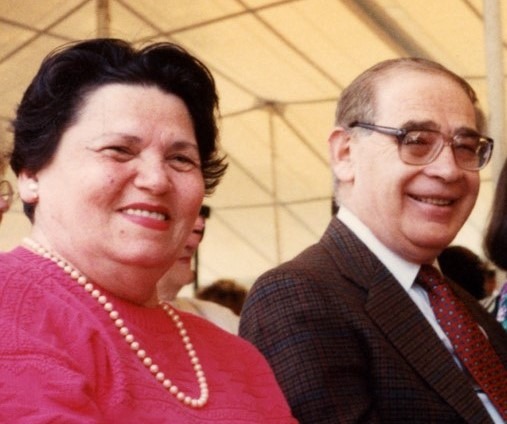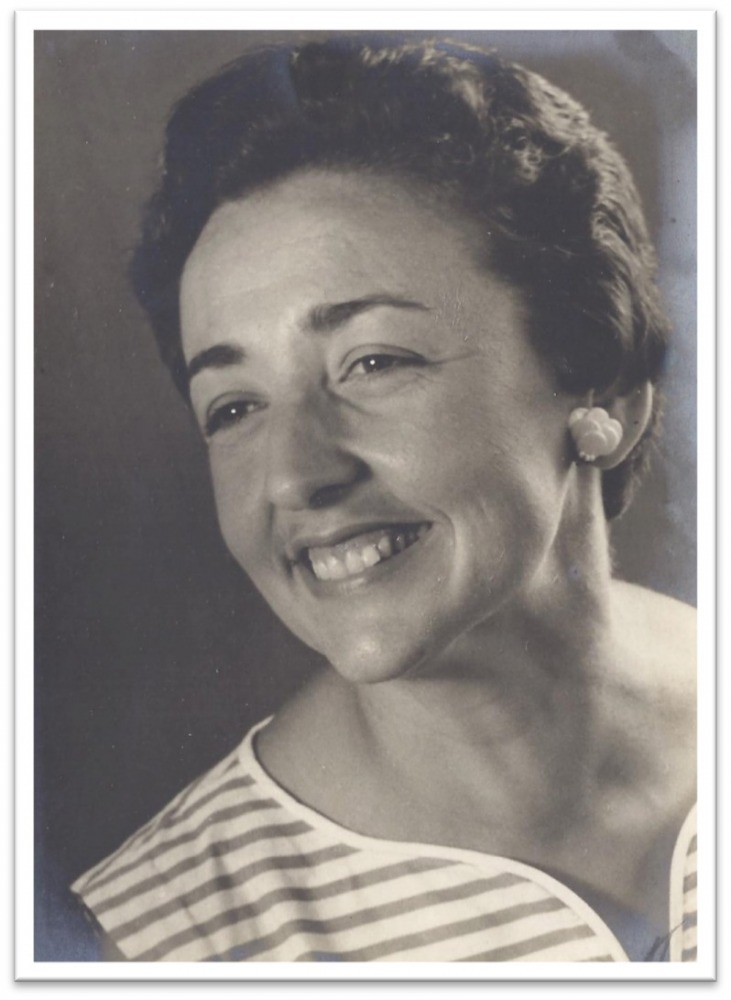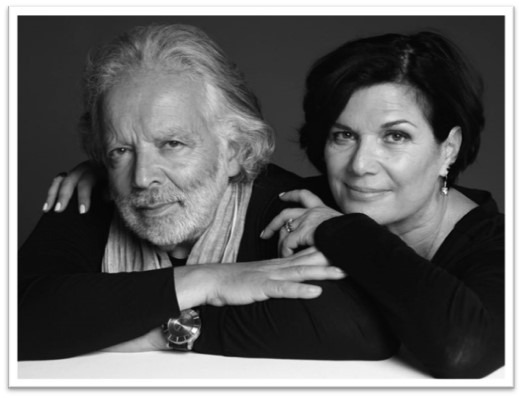About The Scool
A message from the Dean
Welcome to the School of Social Work at the Hebrew University.
The social work profession is intended to address the needs of individuals, families, groups, and communities, and to shape welfare policy. Our school prepares graduates to practice social work at the bachelor’s, master’s and doctoral levels. It excels in excellent professional training alongside groundbreaking research with theoretical, empirical, and practical implications. Students and faculty demonstrate strong social commitment to address the needs of diverse and vulnerable populations and to secure their rights. Our graduates learn to be agents of change, shaping a better tomorrow for vulnerable populations and for society as a whole.
The school has leading academic faculty in the areas of trauma and mental health, child abuse and neglect, disabilities, at‑risk populations, older adults, social welfare policy, the third sector, and early childhood. Faculty members maintain extensive international ties in research, dissemination, and knowledge transfer. Our many research groups and centers—jointly run by faculty, students, and in some cases the general public—develop and disseminate up‑to‑date theoretical and applied knowledge that informs and is informed by practice and policy.
We have a professional administrative staff committed in heart and deed to providing professional service, with respect for diversity and difference, solidarity, and ethical responsibility. This commitment is reflected in personal guidance and tailored support for each student’s needs. Academic and administrative staff and students participate in various school committees and decision‑making teams.
Graduates of the school hold influential positions delivering psychosocial treatment to individuals and families, in community work, policy and social organizations, and in applied and academic research. We cultivate generations of researchers, clinicians, community workers, and policymakers who combine academic excellence with deep social commitment.
I invite you to join our welcoming and challenging academic community that promotes critical thinking, innovation, mutual responsibility, and social engagement — and to take part in shaping the future of the profession and of Israeli society.

Prof. Miriam Schiff
History of the School
The Paul Baerwald School of Social Work, Versailles, France
The Paul Baerwald School of Social Work was established for the first time by the Joint at the Château de la Maye in Versailles, France. It operated as a school between 1949 and 1953. Technically, it continued to exist until 1955, but instead of a central school, the staff engaged in various programs for training social services and consulting Jewish organizations in Europe, North Africa and Iran.
In 1955, the status of the school was changed to a division of the Joint-, the Division of Social Services and Human Resource Development named after Paul Baerwald, which continued the training and counseling activities.
Around the same time, a process began to transfer the training of social work to Israel under the auspices of the Hebrew University and to expand its scope. The Paul Baerwald School of Social Work at the Hebrew University was opened in 1958 with the participation of JDC on the Givat Ram campus in Jerusalem.
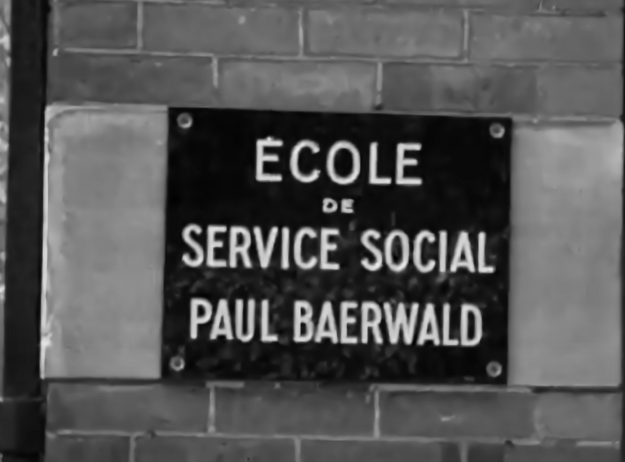
|
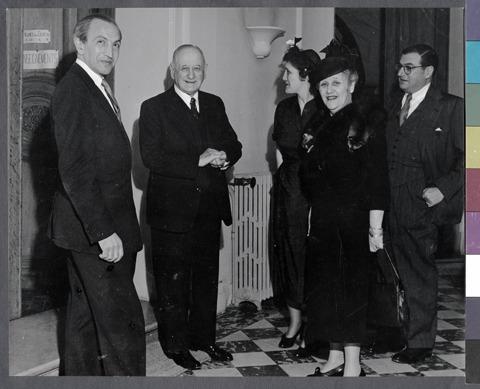
|
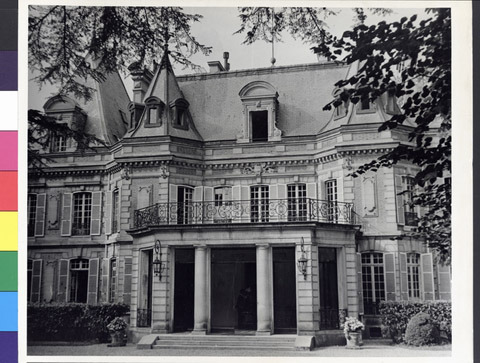
|
|
Video: The Barwald family visits the school in Versailles 1950 |
The Bearwlad family together with the school principal, Dr. Henry Silver, 1950 |
Château de la Maye, 1949 |
The Establishment in Israel
The Paul Baerwald School of Social Work at the Hebrew University of Jerusalem was founded in 1958 and offered a study program for a bachelor's degree in social work. The program was operated in collaboration with the Joint Organization, the Ministry of Welfare and the Tel Aviv Municipality.
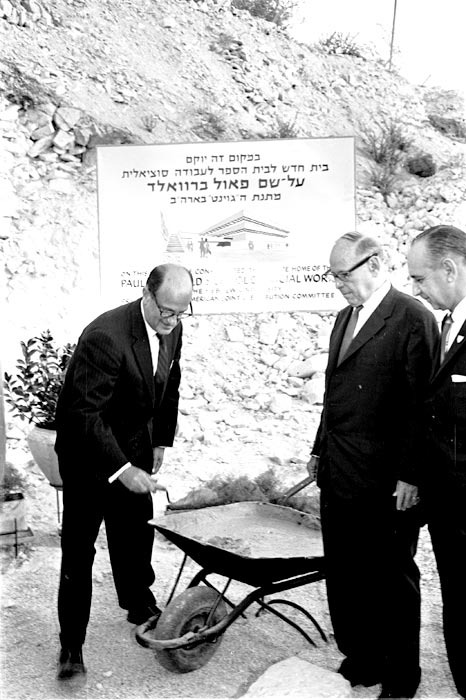
|
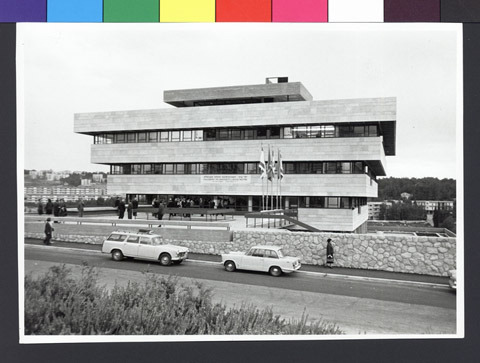
|
|
The cornerstone laying for the establishment of the school on the Givat Ram campus, Jerusalem |
The school building, Givat Ram campus The 60s |
The establishment and activities of the school until this very day reflect the joint effort of the Hebrew University of Jerusalem and the Joint. This organization provided the initial funding for the establishment of the school and the construction of the building on Givat Ram (where the school was located for a few years) and also contributed greatly over the years to the various programs that were developed in it. Since the academic year 1982, the school is located in the university campus on Mount Scopus. Paul Baerwald (1871-1961), after whom the school is named, was one of the leaders of American Jewry and a founder of the World Joint. He devoted himself to many humanitarian and philanthropic activities for the Jewish people.
*The pictures and video are taken from the JDC archive.
Bachelor's program
The "Bachelor of Social Work" program, which was established as mentioned already with the establishment of the school, trains academic social workers to work with individuals and families and to work in the community, with the aim of integrating into the welfare and social service systems in Israel.
In the sixties, a special program was developed in collaboration with the Ministry of Labor to train immigrants with academic degrees for social work, and in 1974, in collaboration with the Ministry of Aid, the "Program for Training Academics for Social Work" was established, which awarded a bachelor's degree in social work to holders of an academic degree who demonstrated practical experience in social work or in a related field. A similar program was also established in 1977 in Beersheba under the auspices of the school. These programs ended in 1980. In addition, over the years, the school has run several conversion programs.
Master's programs
Since 1970, the school also offers a master's degree program, which prepares students for roles in the academic field of teaching and research in social work, planning and management of welfare services and direct treatment of individuals and families.
In the seventies, two certificate programs were established within the Joseph J. Schwartz program and in collaboration with the School of Education: one for training managers and senior staff for community centers and one for training human resources for early childhood. In the nineties, the two programs were upgraded and became master's programs that grant an advanced degree: one is the master's program in early childhood, which has been operating since the academic year 1994-95 and grants a master's degree in early childhood studies. The studies are based on an interdisciplinary approach and are designed to train professional staff for the development and management of programs in the field of early childhood.
The other program is the master's program in management of human services and community organizations, which was opened in the academic year 1996-97. Its main purpose is to provide extensive theoretical knowledge and skills required for policy-making processes and advanced and professional management of community organizations and non-profit organizations, organizations that belong to the "third sector" and are part of civil society.
From then until today
In 2009, the school celebrated its 50th anniversary.
During its years of existence, the school's teaching staff grew, the fields of research and teaching were expanded, the professional training methods were improved, and new study programs were added. Today, about 850 students study in the school's undergraduate, master's and doctoral programs. In recent years, the school has opened a program that offers the possibility of certification in social work and a master's degree in social work for graduates in other fields. In addition, the school offers joint degrees at the undergraduate level with the faculties of law, humanities and social sciences at the university. The school's staff includes an academic staff of researchers in various fields of knowledge, a field guidance staff and an experienced administrative staff.
Within the school, various research centers and research groups operate. The school's staff and research students are at the forefront of research in social work and social welfare; The staff also play central roles in shaping social policy and welfare services in Israel, maintain close ties with the field of social work, and are an integral part of the academic community of the Hebrew University of Jerusalem.
Our Mission & Vision
Our Mission
The Paul Baerwald School of Social Work and Social Welfare endeavors to further social justice and the personal and social wellbeing of individuals through path-breaking research, the training of leading professionals, and an active role in the social work profession and the development of social services and policies for individuals, families, groups, organizations and communities in Israel and across the globe.
Our Vision
To fulfill our mission, we will
- Engage in path-breaking research that contributes to a better understanding of complex social issues and the ways to address them. We will endeavor to undertake this research in partnership with students, social workers and other professionals, as well as with social service users.
- Educate and train professionals in the fields of psychosocial treatment and social welfare who will be committed to the vision and values of the social work profession and will be actively involved in their studies, the social services, and in civil society.
- Train professional leadership in the social services that will further social change and formulate social policy on the local, national and global levels.
- Develop critical thinking, academic curiosity, creativity, cultural and sociopolitical sensitivity, and adaptability to changing environments in our students.
- Promote social justice through education, research and the civic and social engagement of the school community. In particular, the school seeks to consolidate the ties between the Hebrew University and social services and social workers in the field, and to strengthen our local community in Jerusalem.
Social Work and Social Welfare
Throughout the life cycle and in diverse social situations, a person is liable to suffer from disadvantage and distress. Individuals, families and communities are susceptible to poverty, to physical and mental health issues, and to dependencies that can lead to social exclusion, harmful behavior, delinquency and family violence.
The institutions, the services, and the cash benefits of the welfare state offer support in these situations. These provide members of society with social rights, with access to a safety net throughout the life cycle, and with psychosocial services that assist individuals and families in need.
The social mandate of the social work profession is to ensure the wellbeing of people by affecting social policies, forging partnerships with communities and service users, and responding directly to the psychosocial needs of individuals and families.
In order to fulfill its mission, social work draws upon a commitment to engage in practice that is grounded in social justice, knowledge and skills. These principles are linked to a fundamental approach that focuses upon dynamic interactions between a person and his or her environment. People are affected by the systems that comprise their environment – their families, communities, culture, as well as social policies and social welfare services. Improvement in the wellbeing of people requires a deep understanding of these systems and the intricate ways in which interactions between people and their environment are created, and of the means by which they can be improved.
As such, social work can be defined as a profession that furthers human wellbeing in society through the development and application of research-informed knowledge, by actions that seek to bring about social change and better social policies, and by general interventions with individuals and their families to create a relevant body of responses – intra-personal, inter-personal, material, occupational and rehabilitative.
Social work is undertaken in a wide range of service settings provided by the state, local authorities, and civil society that serve very diverse social groups. Social workers engage in various roles ranging from direct practice with individuals and families, through community work, administering social services, engaging in advocacy, and actively participating in social policy formulation.
Given the wide ranging expertise required from social workers, in Israel the profession is taught in academic institutions and its practice is regulated by the Social Workers’ Law. Social workers also play a role in developing theoretical, research, and practice-based knowledge in their academic studies and by joining the research and teaching staff at schools of social work.
Becoming a social worker is an exciting and challenging process of personal development and it offers an opportunity to engage in practice that not only helps others but reflects individual and social values.

Prizes and appreciation
The Israel Prize
 The Israel Prize is the most important and prestigious prize of the State of Israel. It was initiated in 1953 by the then Minister of Education, Benzion Dinur, and has been bestowed continuously since then. Every year the judges’ committee submit to the Minister of Education their recommendations to give the prize in various fields of activity and creation in Israel. The winners are Israeli citizens – individuals, or in rare cases partners to achievement – who have evinced particular brilliance and excellence, breaking new ground in their field, or making a special contribution to Israeli society.
The Israel Prize is the most important and prestigious prize of the State of Israel. It was initiated in 1953 by the then Minister of Education, Benzion Dinur, and has been bestowed continuously since then. Every year the judges’ committee submit to the Minister of Education their recommendations to give the prize in various fields of activity and creation in Israel. The winners are Israeli citizens – individuals, or in rare cases partners to achievement – who have evinced particular brilliance and excellence, breaking new ground in their field, or making a special contribution to Israeli society.
![]()
 Prof. Mordechai Rotenberg – 2009
Prof. Mordechai Rotenberg – 2009
Mordechai Rotenberg, Wikipedia
During his years as a faculty member at the Paul Baerwald School of Social Work and Social Welfare, Prof. Rotenberg developed an original, creative and groundbreaking theoretical model, combining aspects of sociology, psychology and religion with welfare and social work. He received the Israel Prize for the development of this model, which is based on Jewish sources but also takes inspiration from cultural perceptions from East and West.
![]()
 Prof. Abraham Doron – 2004
Prof. Abraham Doron – 2004
Prof. Doron received the Israel Prize in Social Work for laying the foundations for in-depth historical and comparative research in varied topics in social work and social policy in Israel. Thanks to his important research, his commitment to welfare, and his great involvement in the processes of shaping social policy, Prof. Doron won great international and local recognition. Prof. Doron passed on the immense knowledge he amassed in his studies to his many students, who continue in the footsteps of his research.
![]()
 Prof. Jona Rosenfeld – 1998
Prof. Jona Rosenfeld – 1998
Prof. Jona Rosenfeld is one of the pioneers and leaders of social work in Israel. He is an emeritus faculty member of the Paul Baerwald School of Social Work and Social Welfare at the Hebrew University of Jerusalem, where he served as dean in 1974-1979.
Mifal Hapayis Prize for Arts and Sciences
Mifal Hapayis acts to advance culture, art and science by providing grants to artists and scientists who have recently attained significant achievements in their fields and contributed to their furthering in Israel.
Prof. Howard Litwin – 2014

Prof. Litwin is the initiator and Principal Investigator for SHARE-Israel, the Israeli component of the SHARE project, a multidisciplinary longitudinal survey, considered the most important international gerontological study. Litwin studies various aspects of late-life: social, cultural, psychological, physical, economic, medical, health-related. Through his original research, he attempts to change society’s attitude towards the elderly and to sketch a better alternative future in light of the rise in life expectancy and its meanings.
ESPANET Lifetime Achievement award
The Forum for the Study of Social Policy in Israel is an association of researchers and teachers in the field of social policy in Israel. It aims to advance the analysis of social policy in Israel and forms the local chapter in Israel of the European Network for Social Policy Analysis ESPANET.

Prof. Hillel Schmid - 2020 - for a contribution to the study of social policy
 Prof. Uri Aviram – 2015 – for contribution to the study of social policy in the field of mental health
Prof. Uri Aviram – 2015 – for contribution to the study of social policy in the field of mental health
 Prof. John Gal – 2014 – for contribution to the study of social policy
Prof. John Gal – 2014 – for contribution to the study of social policy
 Prof. Abraham Doron – 2013 – for contribution to the study of social policy
Prof. Abraham Doron – 2013 – for contribution to the study of social policy
Exemplary Distinction
To Prof. Hillel Schmid

"Exemplary distinction" for a special contribution to the design of social work and the Israeli welfare state. The distinction was given by the Ministry of Welfare and Social Services in 2019.
To Prof. Johnny Gal

"Exemplary distinction" for a special contribution to the design of social work and the Israeli welfare state. The distinction was given by the Ministry of Welfare and Social Services in 2019.
Recipients of the Brawald Award
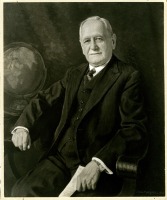
The Brawald letter is named after Paul Brawald, after the school.
Paul Brawald, who lived from 1871-1961, was one of the leaders of American Jewry and one of the founders of the JDC. He devoted himself to humanitarian and philanthropic activities for the Jewish people.
The awarding of the Brawald Medal was introduced on the occasion of the celebrations of the twentieth anniversary of the establishment of the school in 1978. The award is given to one of the members of the teaching staff at the school and / or to an outsider for their special contribution to the development of the school for social work and the field of social welfare in Israel.
The award is given subject to the approval of the University President and School Dean.
Recipients of the Brawald Award:
| 1977-1978 | The late Dr. Miriam Itzkovitz |

|
| 1977-1978 | Mrs. Sylvia Horowitz and the late Mr. Lou Horowitz |

|
| 1977-1978 | The late Dr. Israel Katz, the late Israel Kaz |

|
| 1977-1978 | The late Mrs. Esther Landa |

|
| 1977-1978 | The late Dr. Joseph Nafris |

|
| 1977-1978 | Mrs. Palin Falk |

|
| 1977-1978 | Mrs. Margot Pines, and the late Prof. Arnolf Pines |
|
| 1977-1978 | Prof. Philip Klein |

|
| 1977-1978 | Mr. Donland Robinson |

|
| 1977-1978 | Mr. Peter Schweig |

|
| 1977-1978 | The late Dr. Eileen Balki |
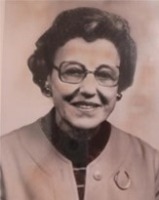
|
| 1977-1978 | The late Prof. Milton Rozenbaum |
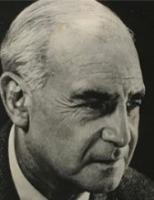
|
| 1978-1979 | The late Prof. Frankenstein |

|
| 1978-1979 | The late Mrs. Luta Zalzberg |

|
| 1999-2000 | The late Mr. Harold Traub |

|
| 1980-1981 | Mrs. Kate and Mr. Harbert Katzki |

|
| 1982-1983 | The late Dr. Monica Shapira |
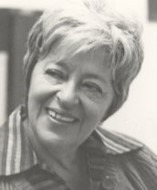
|
| 1982-1983 | Prof. Yona Rozenfeld |

|
| 1997-1998 | The late Prof. Avraham Doron |

|
| 2000-2001 | The late Prof. Eliezer Yaffe |

|
| 2004-2005 | Prof. Miriam Rozental |

|
| 2004-2005 | The late Ralph Goldman |
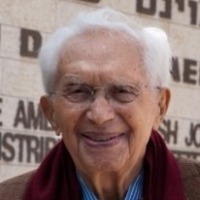
|
| 2008-2009 | The lat Prof. David Makrov |
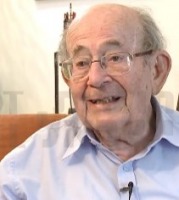
|
| 2008-2009 | Dr. Zvi Pein |
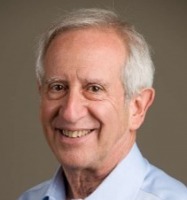
|
| 2015-2016 | The late Prof. David Bar Gal |
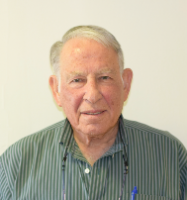
|
| 2015-2016 | The late Ralph Goldman |
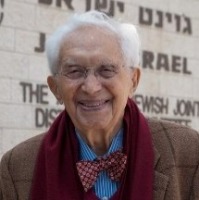
|
| 2018-2019 | Yossi Tamir |
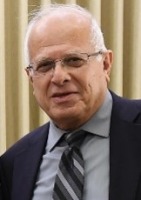
|
Former school Deans
|
|
|
|
|
|
|
|
|
|
|
|
|
|
|
|
|
|
|
|
|
|
|
Former Administrative Directors and Deputy Deans
|
Michal Chai-Atias 2017-2020 |
Drora Bardichiv 2012-2017 |
Shula Walder 1990-2012 |
|
Mordechai Prost |
David Kleiman |
Hanna Shacter |
|
Abraham Lang |
Friends
|
|
|
|
|
|
|
|
|
|
|
|
|
|
|
|
|
|
Late Dr. Arnulf M. Pins

Dr. Arnulf M. Pins (“Arnie”) bequeathed an extraordinary legacy. He was a rare combination of vision and implementation. With Arnie, ideals were meant to be realized. His driving force was his abiding love for the Jewish people and the state of Israel. His tools were the disciplines of the social work profession and education. As an educator and social worker, he left a lasting imprint not only on the many services and programs he initiated and developed, but also on the hearts and minds of those fortunate enough to work with him.
He first came to Israel in 1971 as a visiting professor at the Paul Baerwald School of Social Work at the Hebrew University, where he helped establish the Joseph Schwartz Graduate Program for Training Community Center Directors and Senior Personnel. During that year, he served as an advisor to Chaim Zipori, who led the development of Israel's first community centers. In 1974, Arnie returned as an immigrant to assume the position of Associate Director of JDC-Israel and Director of the ADJC Regional Office for the Middle East, positions he held with distinction until his death on February 8, 1978.
During those four years, Arnie innovated and created, raising the standards for his profession and the community center staff. He worked tirelessly to foster closer cooperation and understanding between Diaspora Jewish communal workers and Israeli professionals. His influence will be felt for a long time by those who were his colleagues at the JDC, in schools of social work, and in various government ministries.
Late Bracha Ben Zvi
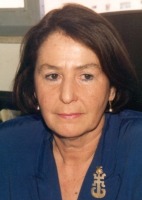
The Ben Zvi Prize for Excellence and Innovation in the Study of Social Work and Social Welfare is intended to commemorate the late Bracha Ben Zvi, and her contribution to the advancement of social policy and the social work profession in Israel, as well as her commitment to professional innovation, excellence in research, initiation and leadership of the Nursing Law. Ph.D. in the Paul Brawald School of Social Work and Social Welfare, who submitted a research proposal that is characterized by scientific excellence and significant innovation.
Late Michal Sela

A research scholarship awarded annually to male and female students, at the Paul Brawald School of Social Work and Social Welfare, at the Hebrew University of Jerusalem. The scholarship is awarded in memory of the late social worker Michal Sela, an outstanding graduate with a master's degree in social work. Sela was a beloved woman who dedicated her life to helping vulnerable populations, including the mentally handicapped and those with limited sexual assault. Sela was brutally murdered in her home on October 3, 2019. The accused in the murder is the father of their baby daughter.
Late Nira Shner
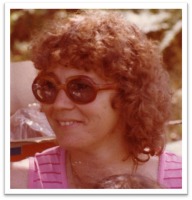
The scholarship named after the late Nira Shenhar is given from a fund set up in her memory by her family and the Jewish Agency. Nira Shenhar was a senior social worker in the Welfare Services Division of the Immigration and Absorption Department of the Jewish Agency. Immigrant absorption and welfare were at the center of her interest and she devoted herself to improving the level of services for immigrants and training workers for this purpose.
Late Pnina and Izchak Levy
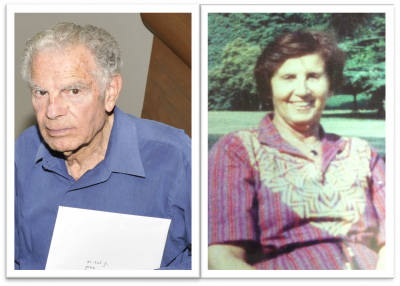
The award for the social work named after the late Pnina and Yitzhak Levy is given to students at the Paul Brawald School of Social Work and Social Welfare, with a physical disability who excelled in studies and / or demonstrated original thinking
And excellence in activities for the individual.
The award came to remember the late Pnina and Yitzhak Levy, Pnina was a student counselor at the school and worked for many years in student counseling services, and Yitzhak is a teaching staff member at the school, both people who love people and are attentive to his hardships and needs. The award comes to encourage students to develop sensitivity and original thinking in caring for people while dealing with their limitations.
Late Pnina and Marcel Pinchevsky
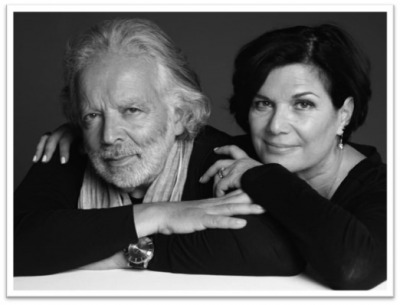
The Pnina and Marcel Pinchevsky Scholarship is awarded to outstanding students in the doctoral program at the School of Social Work and Social Welfare. The scholarship was donated by Pnina and Marcel Pinchevsky. 1972-1975. She graduated with a master's degree in social work from McGill University, Canada in 1978. Pnina has dedicated her life to caring for people with mental disabilities and domestic violence. In recent years she has been teaching and mentoring students.
Late Prof. Avraham and Chava Doron

The Paul Brawald School of Social Work and Social Welfare is pleased to announce the awarding of the Prof. Avraham and Hava Doron Award to outstanding researchers in the field of social policy. The award is intended for doctoral students, post-doctoral students, members Faculty members up to the rank of senior lecturer without tenure (full academic track) or a lecturer in the accompanying track with a standard, who are engaged in research in the broad field of social policy and social security in Israel. The late Prof. Avraham Doron is one of the founders of social policy research. For his many studies in the field of social policy and social work, he won the Israel Prize for the Study of Social Work in 2004. Even today, his publications serve as basic materials in courses dealing with the welfare state. The late Prof. Doron also played a key role in the process of shaping social policy in Israel for decades. Among other things, he was one of the drafters of the Income Security Law. As a faculty member, the late Prof. Doron held many positions at the school and even served as head of the school. The late Prof. Doron has nurtured generations of social workers and welfare state researchers. Some of his students now serve as faculty members in schools and other social work schools.
Late Rachel Reichman (Freidenberg)

The Rachel Reichman (Freidenberg) Prize, founded by her family, is intended for students who have excelled in the field of individual therapy or in scientific writing or in providing assistance that has contributed to the well-being of human beings. The award is given in memory of the late Rachel Reichman (Freidenberg), a graduate of our school and a student counselor, and is intended to commemorate her interest in the therapeutic field, and the encouragement she gave students to continue to work and innovate and work with people in need.
Late Ruth Lachman Davis
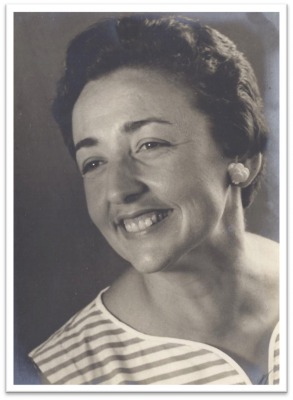
The annual Ruth Lachman Davis Social Work Award is given to students at the Paul Brawald School of Social Work and Social Welfare, who have achieved impressive results in professional work, in the field of volunteering or in the academic field. The prize comes to remember Ruth Lachman The late Davis, an instructor at the school who was one of the first social workers and mental health officers in the country. In awarding the prize, priority is given to those whose contribution is to children, teenagers and families, which were the areas of work of the late Ruth Lachman-Davis.
Late Ruth Lachman Davis

The annual Ruth Lachman Davis Social Work Award is given to students at the Paul Brawald School of Social Work and Social Welfare, who have achieved impressive results in professional work, in the field of volunteering or in the academic field. The prize comes to remember Ruth Lachman The late Davis, an instructor at the school who was one of the first social workers and mental health officers in the country. In awarding the prize, priority is given to those whose contribution is to children, teenagers and families, which were the areas of work of the late Ruth Lachman-Davis.
Late Tali Bar
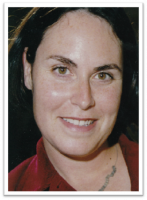
The scholarship is awarded by Dayan Bar, in memory of his wife, the late Tali Bar, for research work in the field of trauma, health or rehabilitation. The purpose of the foundation is to assist in innovative research work and to help improve
The interventions in these areas that were important to Tali. Tali Bar was our student in the years 2009-2010 (2009-2010).
Tali was the ideal model of a student in the graduate program, demonstrating high intellectual abilities alongside many emotional abilities and extensive therapeutic experience.
She dedicated her professional life to her work as a social worker in the Social Security Department.
Late Yehuda Elkin and his daughter Yaffa Tubli Elkin
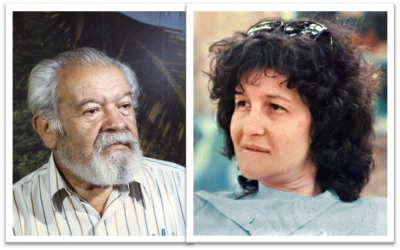
The scholarship is awarded from a fund set up by the Elkin family in memory of their beloved Yehuda Elkin, the father of the family who immigrated from Chile, Ohav Adam and his daughter Yaffa Tubali-Elkin, a senior Social Security employee, which saw its mission in improving service to the needy and a lot of commission on training workers across the country to achieve this goal.
The scholarship is awarded annually to a graduate student whose final thesis deals with the issue of welfare from an approach of social work.
Late Ziva Strauss
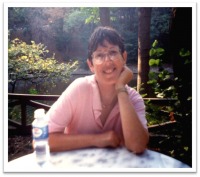
The awarding ceremony is to commemorate the late Ziva Strauss, a graduate of the school, who worked in the Swedish village in individual care with people with mental retardation and at the Kfar Shaul Psychiatric Hospital in a variety of positions, including the deputy director of social services.
In her work, Ziva combined individual work, theoretical work and the development of experimental projects in the field of social work. The purpose of the award is to encourage patients' well-being and rehabilitation, while showing initiative, innovation and integration in teamwork. The award is given for direct work with applicants or for organizational or theoretical donation.
Prof. Richard M. Titmus Annual Memorial Lecture
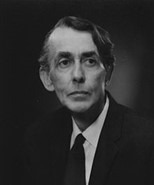
Richard M. Titmus (1907-1973)
The Memorial Lecture in Memory of Prof. Richard M. Titmus began as an initiative of the winner of the Israel Prize for Social Work, Prof. Avraham Doron, and of the National Insurance Institute, which aims to commemorate the work of one of the most important voices in the field of social policy design in the past century and the forefathers of the modern welfare state. Titmus. Titmus was also a close friend of the State of Israel and the National Insurance Institute and even visited Israel on several occasions.
The memorial lecture is known as a stage for meaningful learning and therefore the research group in the social policy of the School of Social Work and Social Welfare named after Brawald at the Hebrew University each year invites one of the best academic minds in the world to give a lecture. In recent years, Prof. Timothy Smithing (Senior Lecturer and Founder of the Luxembourg Income Studies Research Center), Prof. Joachim Palma (Senior Lecturer and Director of the Institute for Futures Studies), and Prof. Peter Tyler-Gobi ( OBE, Senior Researcher and Lecturer at the University of Kent) and Prof. Irving Garfinkel (Senior Lecturer at Columbia University and Director of the Retired Poverty Research Institute).
Community involvement
Model for academy-community involvement
The school has a community-academic study canter. At this center, the students experience the elements of community social work: building a profile of the community, locating community needs, diagnosis of social problems, recruiting and organizing people to deal with social questions and activating programs for social change.
The study center is active for three years in a single Jerusalem neighborhood with the aim of trying to influence the area, as well as creating a community and community feeling among the students. The students are training within the community services and welfare services available in a selected geographical area: at the community center, the welfare bureau, schools, absorption centers, NGOs active in the area, etc.
Since its founding, the center has been active so far in the following neighborhoods: East Talpiyot, Pisgat Zeev and Gilo.
Among the projects carried out by the students are:
- Establishing a neighborhood pupils’ council
- Establishing community gardens
- Developing groups of activists on various topics, such as education, health, etc.
- Working with people with disabilities to increase accessibility in the neighborhood and raising the residents’ awareness of people with special needs
- Organizing evenings dealing with rights and information for the residents on various topics according to need
- Organizing merchants to improve the appearance of the commercial center
The study center works in cooperation with the residents of the neighborhood, the activists and the social services already existing there. The work aims at maximal involvement of all concerned and is conducted with full coordination between all sides.
Example of the center's activities (2015-2016)
Example of the center's activities (2013-2014)
50th anniversary of The Paul Baerwald School of Social Work
50th anniversary of The Paul Baerwald School of Social Work
50th anniversary of The Paul Baerwald School of Social Work
